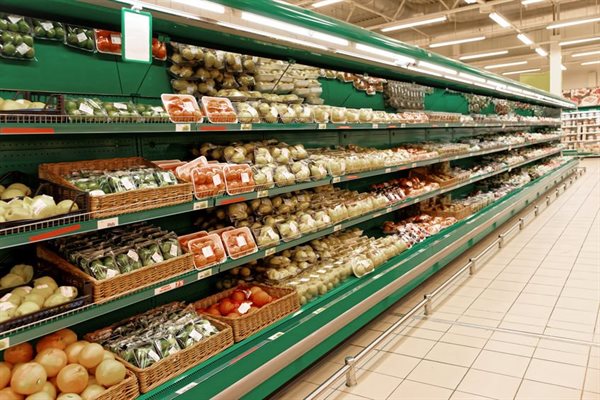
Top stories






More news


ESG & Sustainability
Redisa calls on govt to fix South Africa’s “broken” waste management system



























Professor Halton Cheadle of BCHC Attorneys chaired the inquiry and said in his introductory remarks: “In urban areas, the big four national chains dominate shopping malls and convenience centres with emerging national chains making limited headway and a dearth of specialist stores and independent general traders.”
He added, “This situation is in stark contrast to most countries which have a large, thriving and dynamic ecosystem of small and independent grocery retailers and specialist food stores.”
In the report emanating from Grocery Retail Market Inquiry, the Inquiry found no compelling justification for exclusive leases and recommended, among other recommendations, that existing exclusive leases should no longer be enforced against small and medium enterprises and that the practice should be phased out in five years.
“Archaic municipal regulations and a lack of new and proactive zoning have also had a detrimental impact on small businesses in particular spaza shops in townships,” said Cheadle.
Cheadle said municipal regulations, zoning and trading regulations in particular liquor regulations have not been changed, leaving a legacy of apartheid municipal zoning and trading laws. The Commission found that there has been very little proactive zoning, for example for areas along arterial roads in the townships.
Instead, small and medium enterprises have to apply for rezoning to establish businesses in residentially zoned areas – which applied to most of the township. This imposes a burden on SMMEs and relegates them in many instances to the informal sector.
Restrictive trading times, for example, are “at odds with the convenience role that spaza shops and independent traders are best positioned to play”, the inquiry found. In order to flourish, spaza shops need to be truly convenient for consumers. Those that ignore trading hours have to pay officials to ignore their lack of compliance.
In terms of liquor regulations, once again the big national chains are licensed to operate for longer hours, enabling them to trade when independents are forced to close and once more giving them a competitive advantage.
For small and medium traders to try to change the status quo is a burdensome process, with time and cost constraints impacting on their ability to rezone property. “This is especially so in a context where shop owners may need to relocate in response to the entry of supermarket chains and would require new sites zoned for business use,” the report found.
Recommendations to level the playing field include ensuring provinces and municipalities co-ordinate and streamline applications for liquor licences with applications for rezoning.
Trading times in by-laws and regulations should be reviewed with a view to amending or abolishing them. Municipalities must fast-track the processing of existing re-zoning requests for spaza shops in township areas and proactively rezone areas to enable them to carry on business in a more effective and formalised manner.